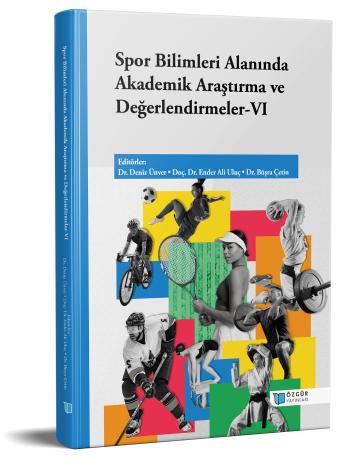
Problem Solving and Cognitive Flexibility in Sports
Chapter from the book:
Ünver,
D.
&
Uluç,
E.
A.
&
Çetin,
B.
(eds.)
2024.
Academic Research and Evaluations in the Field of Sports Sciences VI.
Synopsis
Sport is an area in which not only physical abilities, but also mental processes play an important role. In order for athletes to achieve success, they must have effective problem-solving skills. In this context, cognitive flexibility is a critical factor that improves the performance of athletes. Cognitive flexibility refers to the ability of individuals to adapt to changing circumstances. When athletes encounter unexpected situations during training or competition, they can make quick decisions and develop alternative solutions thanks to their cognitive flexibility. This ability positively affects not only the individual performances of the athletes, but also the team dynamics. Athletes with high cognitive flexibility perform better under anxiety and pressure, improving their ability to cope with stress. Based on all these, in this section, the relationship between problem solving and cognitive flexibility in sports is tried to be examined.

